While mowing the association’s greenbelt, a rock flew up and damaged a nearby property owner’s bay window, breaking it and causing thousands of dollars in damage. The landscaper did not have the proper insurance coverage in place and was unable to compensate the homeowner. The resident then filed a claim against the association, stating that the HOA neglected their duties to verify sufficient insurance of the vendor. The homeowner claimed that the association was negligent and won a settlement against the HOA.
This loss for the association could have been prevented had the association verified a valid COI prior to allowing this work to take place.
What Exactly is a COI?
A Certificate of Insurance, or COI, provides proof of coverage. Information in the COI should include the following:
-
- the named insured
- policy number
- coverage provided, with policy limits per location
- coverage term
- name of issuing carrier
The Importance of Verifying a COI
A Certificate of Insurance, or COI, shows that insurance coverage does exist for a particular vendor, and that they have the right coverage and limits in place.
This is vital because associations can be held liable for wrongful or negligent acts committed by any vendor, even though the association may not have been directly involved with that act.
For instance, any time an HOA hires an outside contractor for services to their community (such as landscaping, painting, or pool maintenance), they are opening themselves up to potential lawsuit. By hiring only verified vendors who can provide proof that they are the named certificate holder, you can protect your association from potential losses should an issue arise. By providing a COI, the vendor can show that they have workers compensation insurance and general liability coverages in place.
Benefits of a COI
Certificates of Insurance are relatively easy to obtain. They do not require additional resources for review. They are convenient, providing basic information and evidencing that coverage existed during a particular time.
Without divulging confidential business information, a COI can provide enough information for the association to file a claim, if necessary.
Limitations
A COI is a valuable necessity for any association to verify when hiring an outside vendor. However, they do come with certain limitations:
-
- a COI is not the actual insurance policy or it’s legal equivalent
- it does not create a contractual relationship between the certificate holder and the insurance carrier
- it does not show that endorsements have been added to the policy, thus reducing coverage amounts
- courts typically enforce policy language over that in the COI
It is important to note that a COI only confirms that the provider carried insurance specified at the time the certificate was prepared.
It does not guarantee that coverage has not, or will not, be canceled, nor does it confirm that limits have not been exhausted due to other claims.
Types of COI Forms
In general, a Certificate of Insurance can be provided in one of three forms – a Standard ACORD (Association for Cooperative Operations Research Development), a Modified ACORD, or a manuscript form. The ACORD forms contain basic policy and coverage information, while the modified version is more specific and includes the extent of notification to which the policy holder of the COI is entitled if the insurance is canceled. Typically, an association will not receive a manuscript form from a service provider. If they do, this form should be reviewed by legal counsel prior to acceptance.
Recommendations
The board should consider creating a procedure for monitoring all vendor certificates. At minimum, the association should:
-
- use only reputable vendors
- require a minimum $1 million COI from each vendor
- request that a COI be issued per location to avoid depletion of limits
- verify that the association, not the property manager, is the named certificate holder
- consult with legal counsel to assess exposures and review contracts





